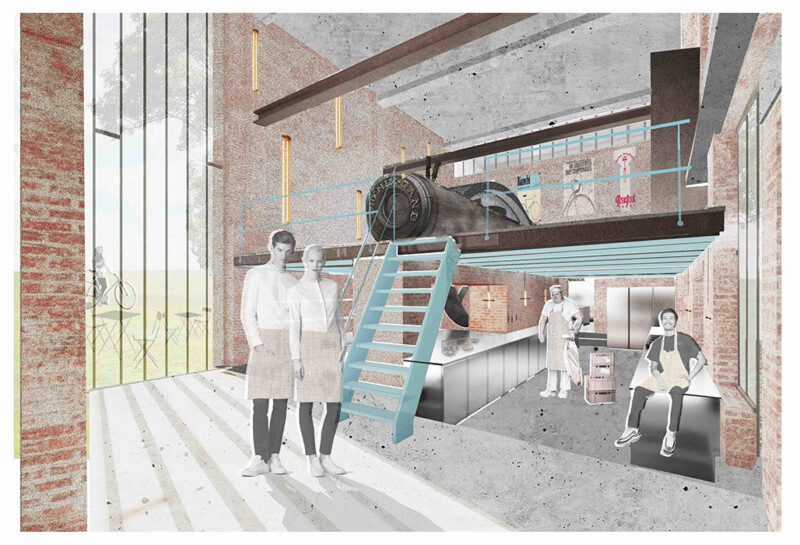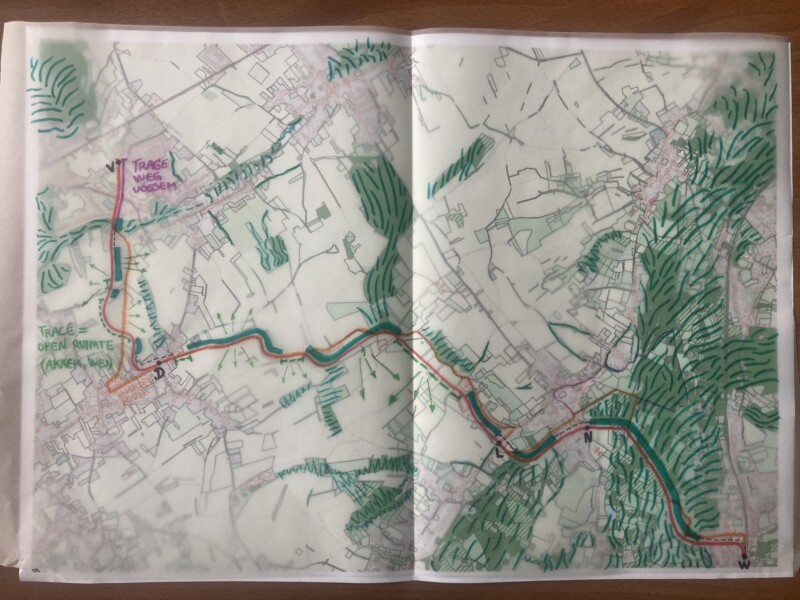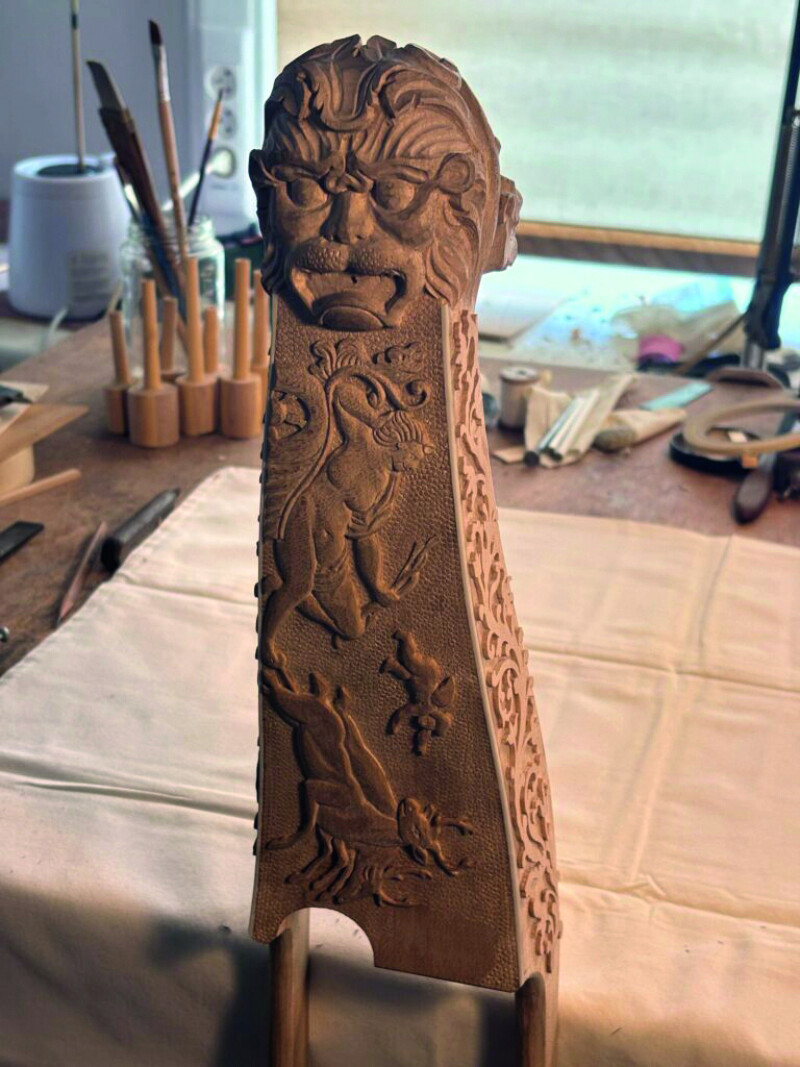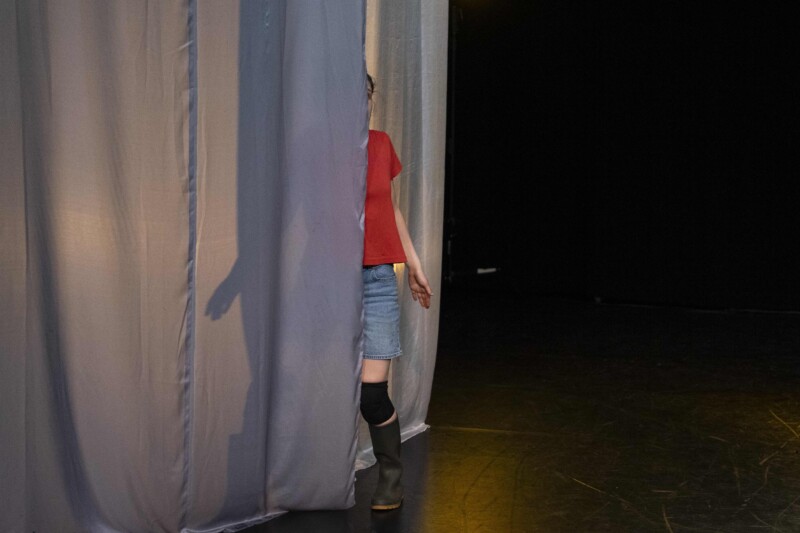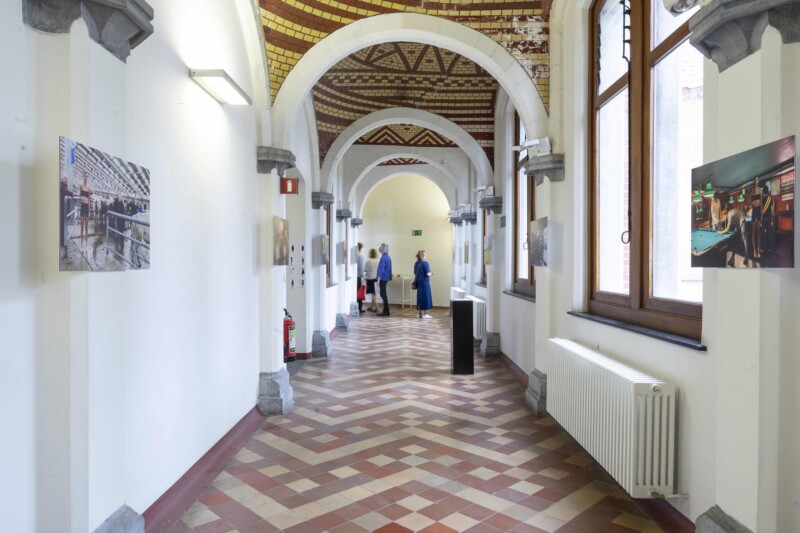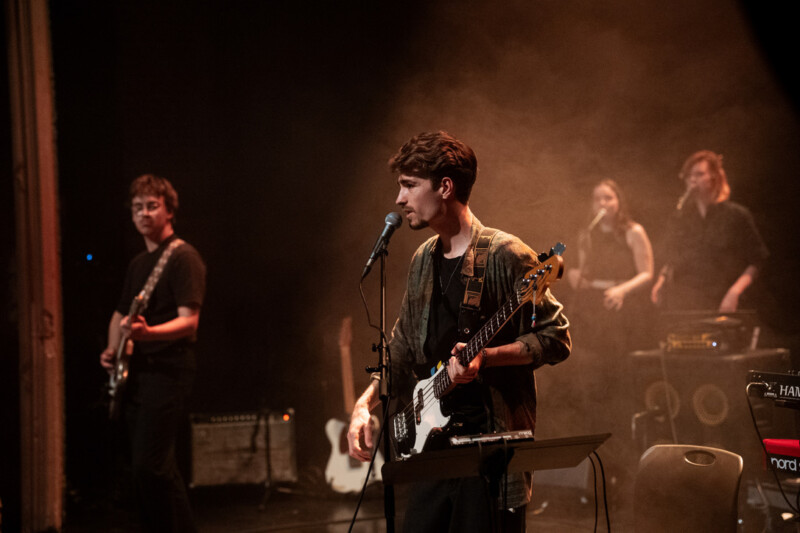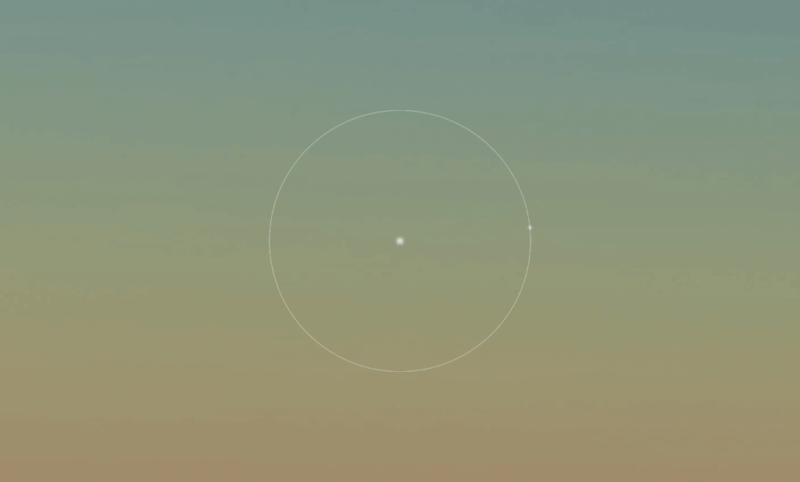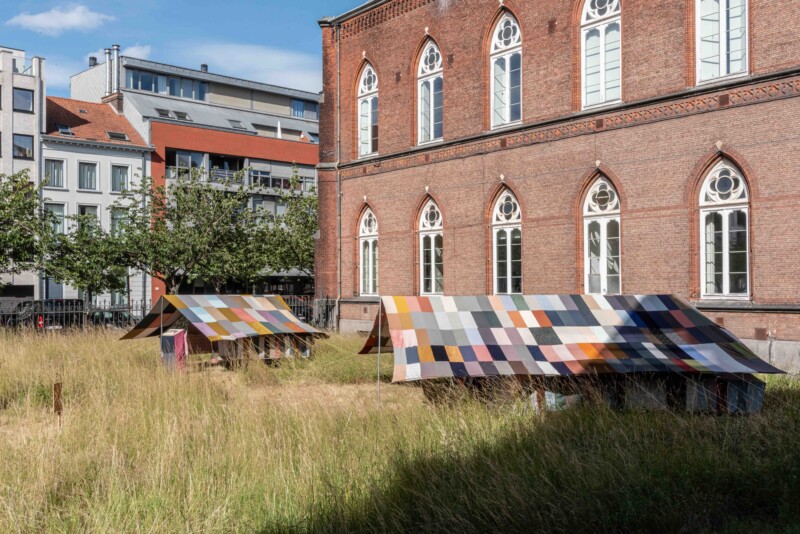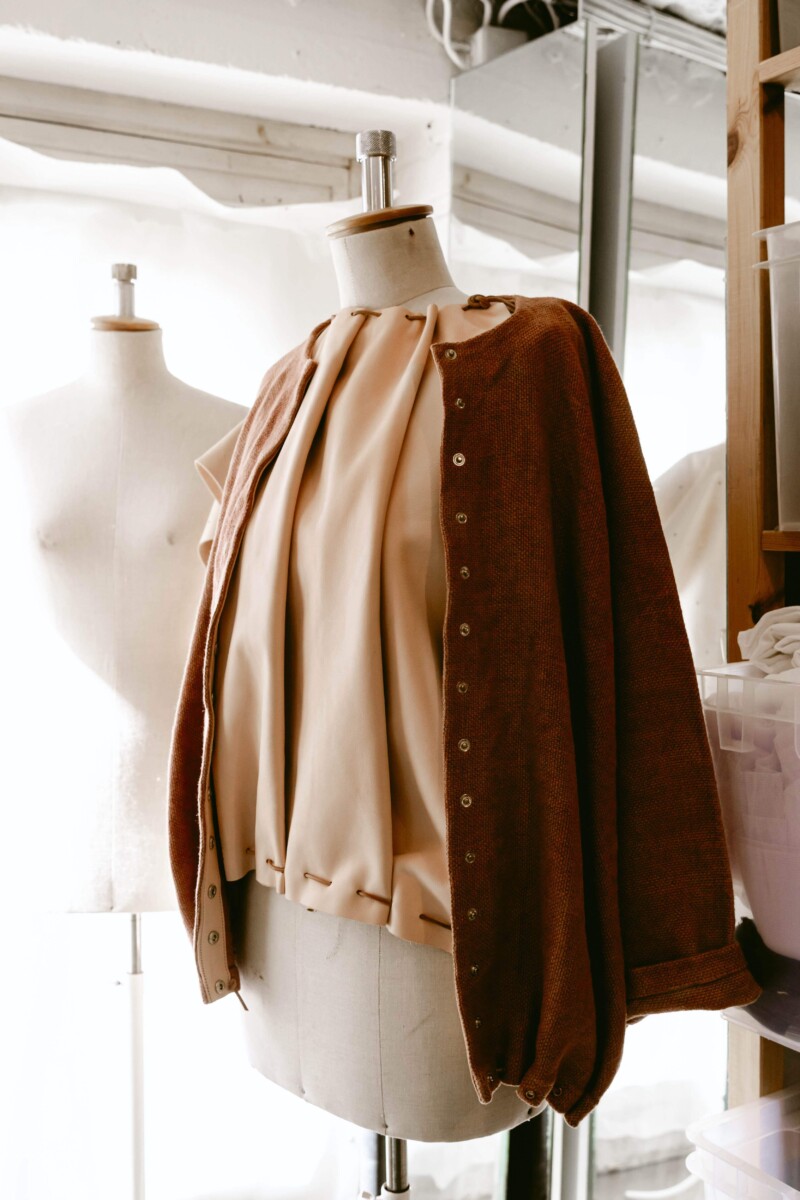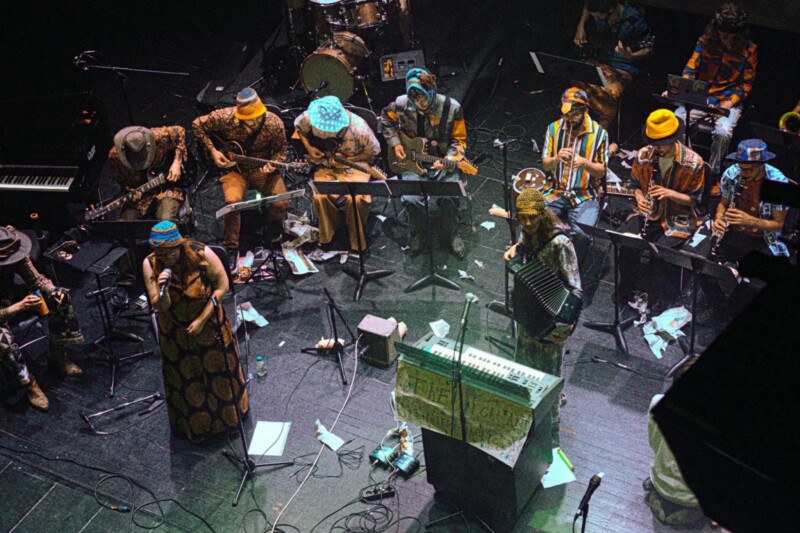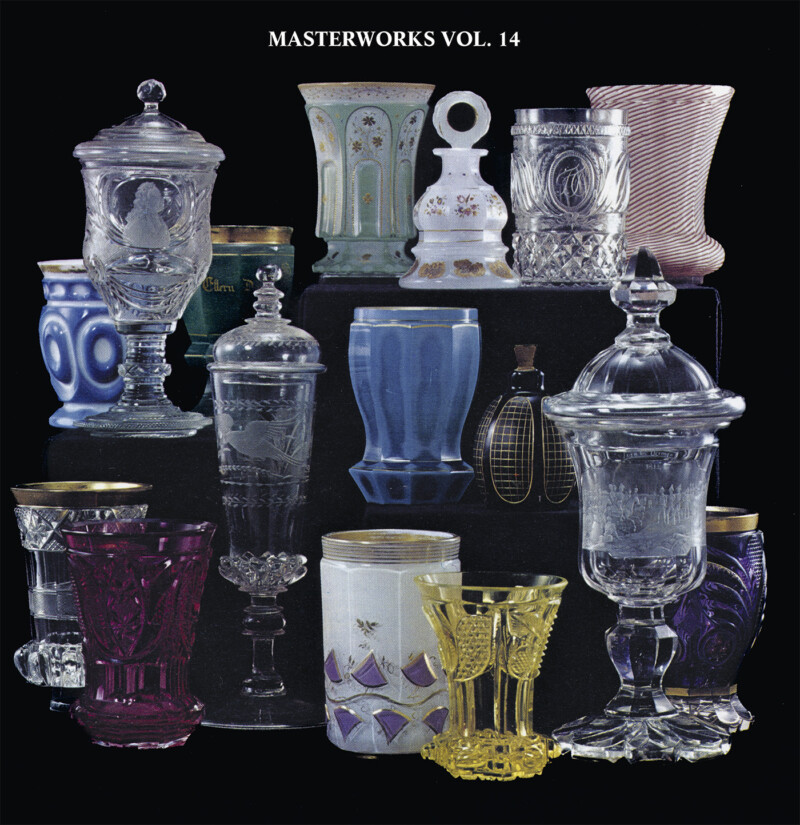Ioannis Piperkos
The piano is never far away
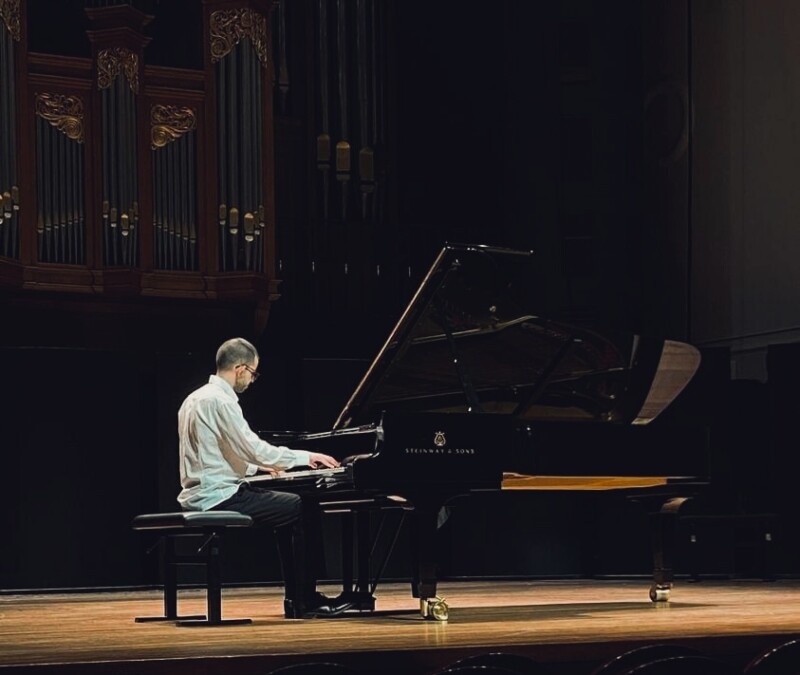
Classical pianist Ioannis Piperkos graduated in June with a programme of Scarlatti, Bach and Rachmaninov. ‘When choosing programmes, I don't follow a single thread. I want to do something different every time and follow my feelings first and foremost.’
It is mid-August when we speak. His final exams at KASK & Conservatorium are already several months behind us. But the piano is never far away. ‘Five minutes ago, I was still practising,’ says Piperkos. The advantage of an online conversation.
Linde Verjans
What made you choose the piano?
IP
I did not make that choice myself. When I was about five years old, my parents decided that I should take piano lessons. Becoming a professional pianist was my own choice, though. The magnetism was simply too strong. I couldn't stay away from it, and that's still the case today. I have to do it, every day, all day long.
LV
Has that attraction always been there?
IP
I have always loved music, especially classical music, but in the beginning, like other children, I wanted to play basketball or video games. Only when I was about twelve years old, playing the piano became more serious.
LV
For your final exam, you chose pieces by Scarlatti, Bach and Rachmaninov. Why did you pick these, from an almost inexhaustible supply of piano music?
IP
Because I love them. That's always a prerequisite for me: I have to feel a connection with the pieces I play. I admire these composers and have studied them extensively. Scarlatti and Bach represent an intimate way of playing the piano. Rachmaninov is completely different: grand, romantic. It was a nice contrast. What's more, it meant I could play together with my teacher. It's not ideal to play a concerto without an orchestra, because it wasn't written with the intention of being performed on two pianos, but it was so special to be able to do this with him. A graduation concert is something you remember for the rest of your life. I wanted to make it a happy memory. I succeeded.
LV
It is surprising to hear Bach and Scarlatti played on a modern piano.
IP
Music must be allowed to evolve. Scarlatti and Bach had different circumstances in mind when they wrote this music, but situations change, just like instruments. That brings new possibilities. Good music changes with the times. It is always interesting to see how you can go one step further.
LV
Proof of the quality of the music, which can evolve with the times and remain relevant.
IP
Bach and Scarlatti don't need me to prove that! (laughs)
LV
What are you currently working on?
IP
I am preparing for several competitions. In my opinion, it is a necessary evil. Nobody enjoys it, it is nerve-wracking and it kills the music. At the same time, it is a very good way – perhaps the best – to get opportunities to play. You have to build a network and be visible. Competitions are ideal for that.
LV
Aren't there other ways to gain visibility these days? Online, for example?
IP
I often think about that. Of course, you can post videos and recordings of yourself online. But I don't think that achieves quite the same thing as a competition. Competitions also involve prestige, because you are judged by a jury consisting of big names. Online, there are still many uncertain factors. I hope that new ways of showcasing yourself as a musician will emerge, but for now there is no worthy alternative to competitions.
LV
In sports, you notice that people perform better in a competitive setting. More personal and world records are broken at competitions than in training sessions. Does that also apply to music?
IP
I don't think so at all. There are many parallels between sport and music – a former teacher once called musicians ‘athletes of the small muscles’ – but we definitely don't perform better under extreme pressure. In music, we don't compete against each other either. We create art. That's something completely different.
In sport, adrenaline helps you run faster, for example. For us, it may sharpen our concentration, but it also causes us to lose finesse and creativity. Stress is detrimental to spontaneity and everything that brings music to life.
LV
You just mentioned a former teacher. Who have been the most influential people in your journey to becoming a professional musician?
IP
My teacher in Ghent, Vitaly Samoshko, was obviously very important to me. I have learned so much from him over the years. I owe a great deal to one teacher in Greece. When I came to him, I was a wreck in every way: physically, technically, musically, mentally... I could no longer play the piano. He helped me in so many areas. Using movement techniques such as the Alexander Technique and Pilates, he completely reformed my technique. He also taught me about music, the music world, the world. It was a very long process, but I carry his influence with me every day, in everything I do. Without him, I might have stopped playing altogether, because I physically couldn't do it anymore.
LV
Do you have dreams for the future?
IP
Dreams... I always find that such a strange word. I do have plans. There are so many possibilities, so many things I enjoy: being on stage, of course, but that's not so obvious in Greece. Teaching is also something I enjoy doing. And it would be nice to be able to work on the health of musicians in the future and to be able to guide others in this area based on my own experience.
Text: Linde Verjans








